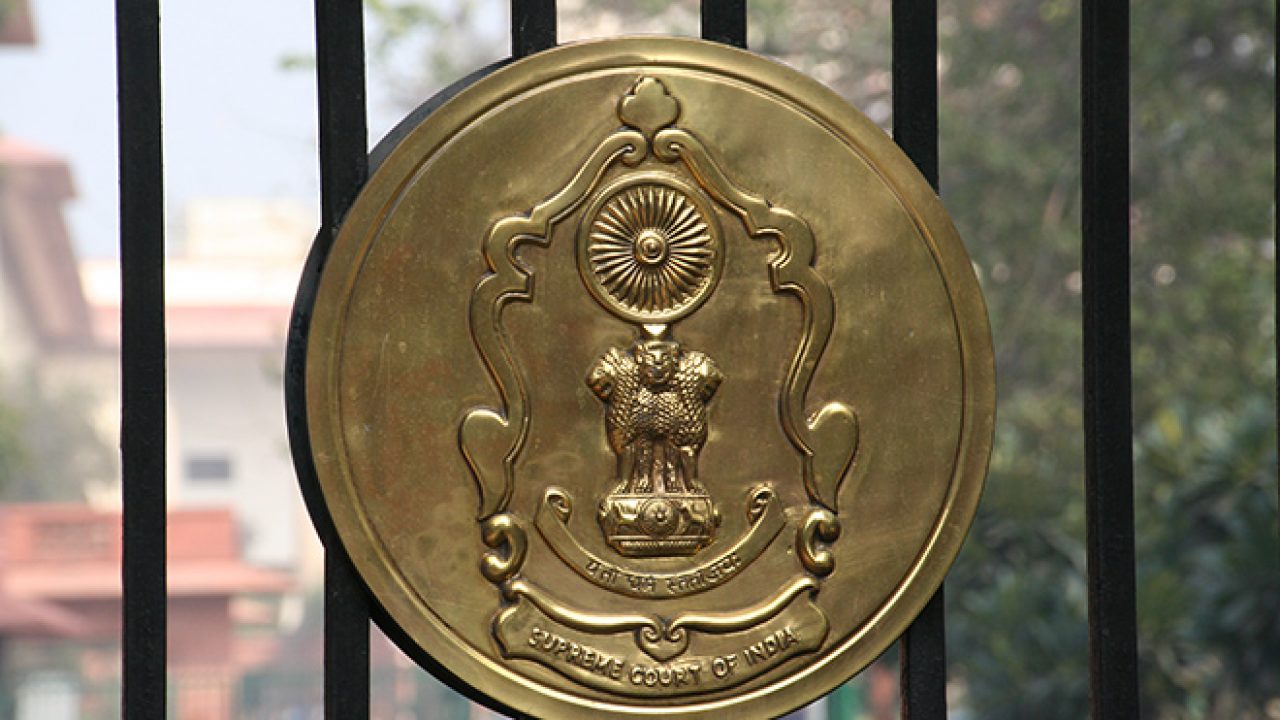Sakunjay Vyas
Published on: March 29, 2022 at 09:58 IST
The Two Judge Bench of Justice M. R. Shah and Justice B. V. Nagarathna of Supreme Court overturned the order of the Bombay High Court, Division bench that had dismissed writ petitions by the appellants herein – original writ petitioners, challenging the reopening of the assessment/reassessment proceedings.
The Supreme Court recently ruled that When the Constitution confers on the High Courts the power to give relief it becomes the duty of the Courts to do the same.
The Two-Judge Bench of Justice M. R. Shah and Justice B. V. Nagarathna were hearing an appeal against the order of the Bombay High Court, Division bench that had dismissed writ petitions by the appellants herein – original writ petitioners, challenging the reopening of the assessment under Section 148 of the Income Tax Act.
The Apex Court was stunned to note, the High Court while dismissing the writ petitions had a very casual and cryptic approach. The Apex Court stated that while considering the writ petitions presented to High Court it appears that the reopening of the assessment under Section 148 of the Income Tax Act has challenged on multiple grounds. But the High Court while deciding the matter has not taken into consideration any of the grounds raised by the appellant.
“…it appears that the reopening of the assessment under Section 148 of the Income Tax Act has been challenged on a number of grounds. None of the grounds raised in the writ petitions has been dealt with and/or considered by the High Court on merits.” the Court said.
The Apex Court is of the opinion that not giving a reasonable explanation for the disinclination to entertain the writ petitions judgment and passing an order just by stating that ‘we are not inclined to entertain writ petition’ is unsustainable. According to the Apex Court the order passed by the High Court is a non-speaking and non-reasoned order.
The Apex Court Further stated that the Constitution of India has conferred the power to grant relief to the High Court, there-by making it a duty of the High Court to grand appropriate reliefs in appropriate cases. If the Courts stopped granting appropriate and adequate reliefs without adequate reason, they will be failing to perform the duty conferred on them.
The High Court in exercise of powers under Article 226 of the Constitution of India was required to have independently considered whether the question of reopening of the assessment could be raised in a writ petition and if so, whether it was justified or not.
“When the Constitution confers on the High Courts the power to give relief it becomes the duty of the Courts to give such relief in appropriate cases and the Courts would be failing to perform their duty if relief is refused without adequate reasons.” the Court said.
As a result, the Apex Court overturned the order of the Bombay High Court, Division bench order by stating that grounds were urged/raised by the parties which ought to have been examined by the High Court and a clear finding was required to be recorded upon analysing the relevant documents. We are compelled to remand the matter to the High Court for deciding the writ petitions afresh on merits and The High Court should, therefore, decide the writ petitions, bearing in mind our observations made above, strictly in accordance with law.
Also Read- Detailed Analysis of Victim Compensation in India

